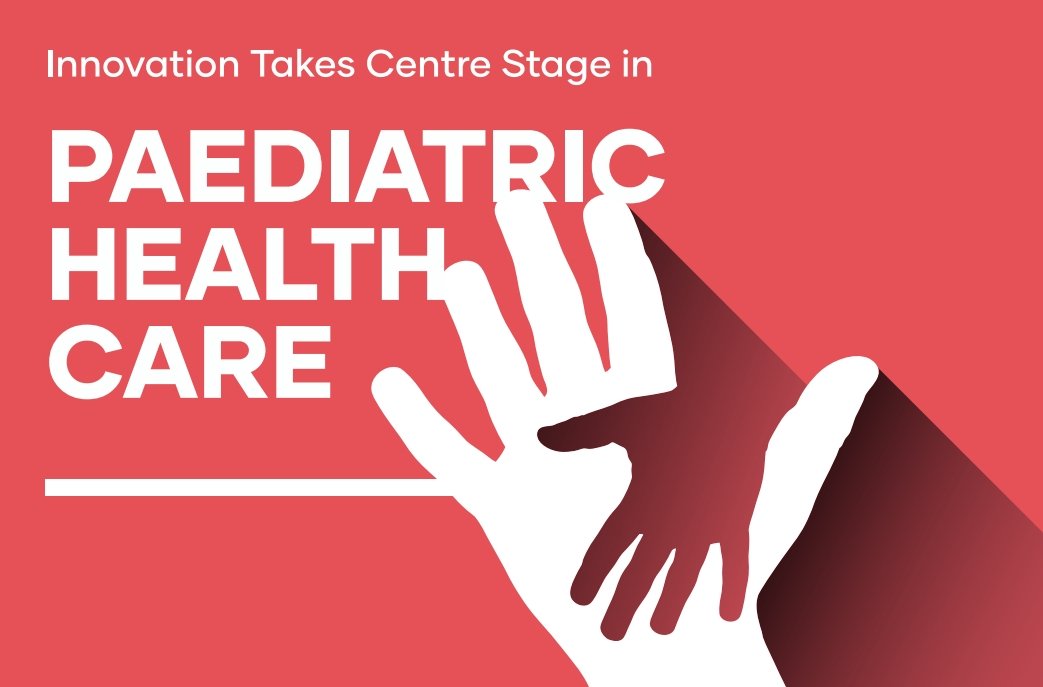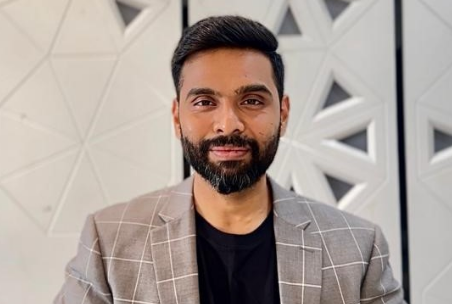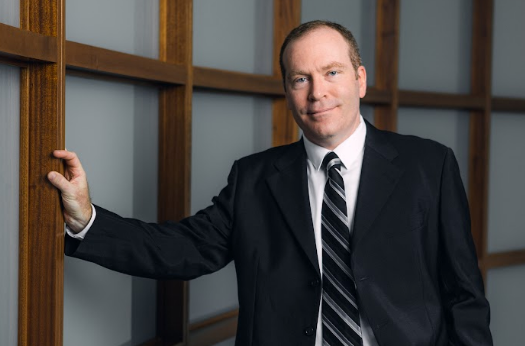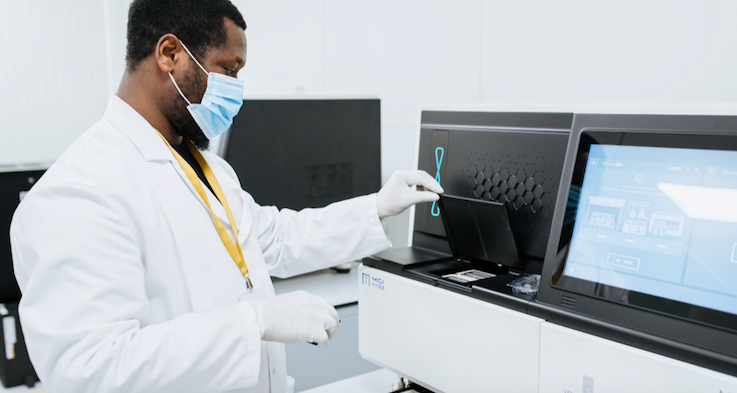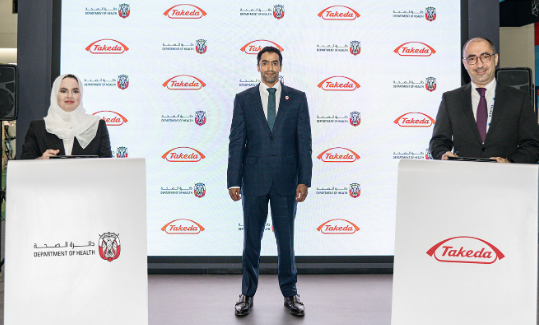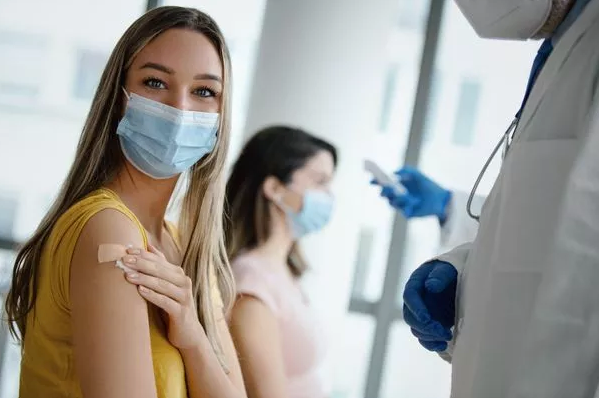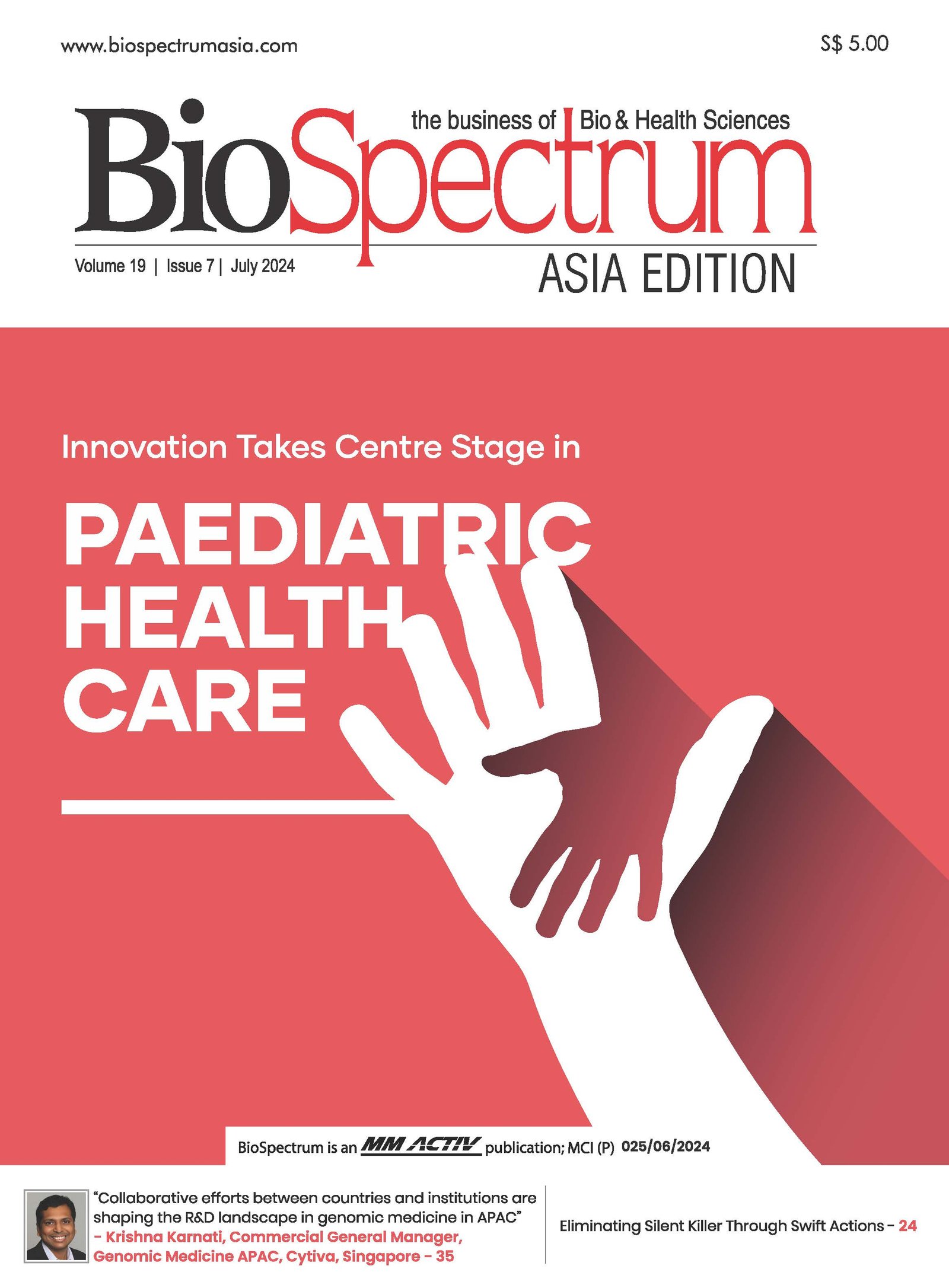Indian Drug Controller: People mistrusted the system
17 April 2013 | Influencers | By Rahul Koul Koul
DCGI: People mistrusted the clinical trial system

Dr Gyanendra Nath Singh – The Drug Controller General of India (DCGI)
India's drug regulator, the Central Drug Standard Control Organization (CDSCO), had in 2012 received World Health Organization (WHO) endorsement for establishing new drug standards for approval of new drugs; for screening of imported and exported drugs; for clinical trials monitoring, and for meeting the prescribed international standards by the Drug Controller General of India (DCGI).
The Indian DCGI, Dr G N Singh, who completed one year in office on February 20, 2013, has been handling responsibilities of secretary-cum-scientific director of the Indian Pharmacopoeia Commission (IPC). He has been making efforts to bring together all stakeholders for the benefit of public at large. In his an exclusive interaction with BioSpectrum, Dr Singh talked about the new image building exercise, meetings, and new initiatives being taken at CDSCO.
In wake of the recent Supreme Court judgment on compensation, what is your reaction on getting full powers to decide for the suffered patients in clinical trials?
The Supreme Court did not pass an order. It took a sue motto notice to make the system better. The reason why it is being discussed is that we have to take utmost care of patient safety, well being and rights. That was the concern of everyone including the regulators. The power that has come to us is from the drug regulatory law that has been framed. In that direction, the government has amended rules and the gazette notification on January 30, 2013 by the health ministry is a great step.
It is the monitoring and compensation system that has to be strengthened. Now we are having a proper system and an enabling role so that we can assure the participant of his safety. This is a historical step taken by the Government of India. Till then you were not having a proper system in place, or the law, you can't enforce law. Now we have the teeth to say that the compensation has to be given immediately.
You have started meeting the stakeholders from January onwards. What is the purpose and outcome so far?
I wanted to get updated on the reactions of patients and all the other stakeholders on the clinical trial system. In that direction, we initiated meetings with common people, manufacturers and civil society members from time to time. Since the civil society represents the aspirations of people, we would like to work closely with them. In fact, the mistrust that existed earlier has evaporated gradually. I think this is the time to build up expectations and regulator must know that. It is the high time to build up the confidence among the public that we are there.
There have been reports in the past about the complaints against the state level drug controllers. What is your take on that?
A lot of issues are still to be addressed. Because as you know that earlier DCGI office was not there to address specific issues that have popped-up recently in clinical trials, medical devices, and new drug discovery approvals. It requires proper system procedure to be built up for that. In that direction, we are in constant touch with the state regulators. The drug regulatory act, one of the important component of DCGI will be helpful in the proper implementation of drug and cosmetic act. Recently I was in Maharashtra to meet the state level officers and it is good to know that despite less manpower they are doing great. In that state we will recruit a total 100 new officers at the different positions. Again 100 each in Karnataka and Gujarat and 40 in Uttar Pradesh by the end of the year.
Are we still lagging behind when compared to the international regulatory agencies?
I think the comparison with the US FDA is unfair. There are 14,000 people working there as compared to what would be the miniscule 327 people here by the end of the year 2013. However, we are building capacity and trying to ensure the quality of available manpower. From 18 people in 2008 to 90 people in early 2013, we are surely catching up. We are recruiting close to 90 assistant drug controllers and 90 joint drug controllers, 200 people in central drug controller in next 3-5 years. With time, we are moving forward and improving our performance constantly.
How do you look at the future scope of drug regulatory affairs?
At present close to 218 countries are importing medicines from India. We cannot say that we don't have any regulation at all. But, there is a gap that requires to be bridged and the onus is on us to keep our house in order. When we are working on the ground level, for generic drugs, we had a meeting with state drug regulators to keep a tab on the unwanted approvals. For oral capsules/tablets, we are making the science-based methods mandatory for any new license by state controllers. In 2014, we will make it mandatory for dissolution of tablets before they are taken. There is an increased level of awareness among general public on various issues including clinical research. Let us stay positive for future as we are improving our standards on a consistent basis.




